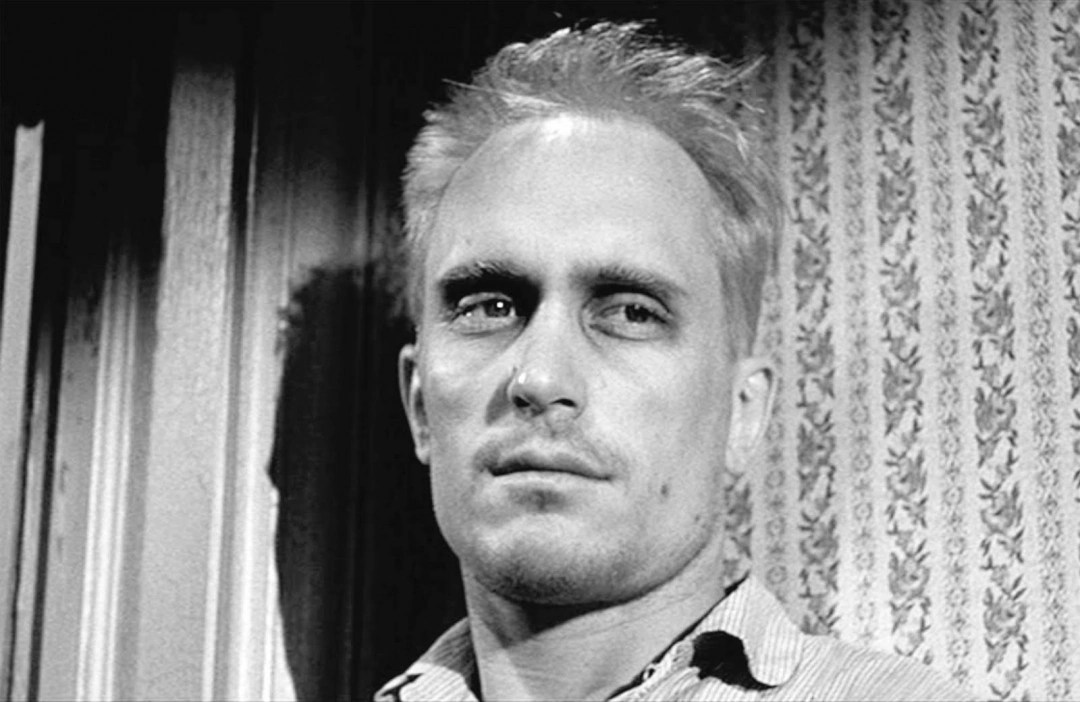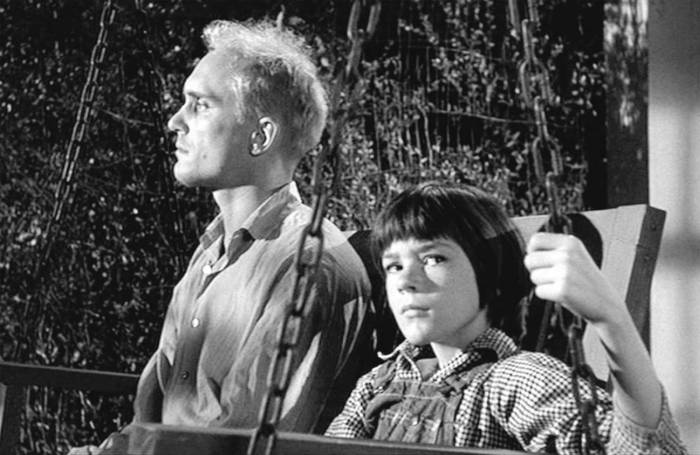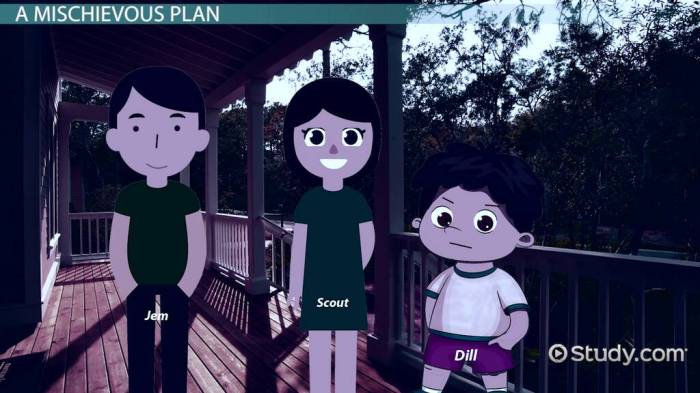Summary for chapter 18 to kill a mockingbird – Chapter 18 of Harper Lee’s classic novel To Kill a Mockingbird marks a pivotal moment in the story, as the trial of Tom Robinson, a black man accused of raping a white woman, commences. This chapter explores the complexities of race, justice, and morality in the American South during the 1930s.
The trial becomes a battleground for opposing ideologies, with Atticus Finch, Tom’s defense attorney, fighting against the tide of prejudice and racism that threatens to convict an innocent man.
Setting the Scene

Chapter 18 of To Kill a Mockingbirdtakes place in the courthouse in Maycomb, Alabama. The trial of Tom Robinson, a black man accused of raping a white woman, is set to begin. The setting is significant because it is the place where justice will be decided for Tom Robinson.
The courthouse is a symbol of the law and order of the town, and it is here that the characters will face the consequences of their actions.
The atmosphere of the courthouse is tense and charged with emotion. The townspeople are divided on the issue of Tom Robinson’s guilt, and there is a sense of foreboding in the air. The trial will be a test of the town’s values, and it will have a profound impact on the lives of the characters involved.
The Trial Begins
The trial begins with the prosecution presenting its case. The prosecutor, Mr. Gilmer, argues that Tom Robinson is guilty of rape based on the testimony of the alleged victim, Mayella Ewell. The defense, led by Atticus Finch, argues that Tom Robinson is innocent and that Mayella Ewell is lying.
The trial is a battle of wills between Gilmer and Finch. Gilmer is a skilled prosecutor who is determined to convict Tom Robinson, while Finch is a principled lawyer who believes in justice for all. The trial is a test of the town’s values, and it will have a profound impact on the lives of the characters involved.
The Verdict

The jury finds Tom Robinson guilty of rape. The verdict is a miscarriage of justice, and it is a reflection of the town’s racism. The verdict has a profound impact on the characters involved. Tom Robinson is sentenced to death, and Atticus Finch is devastated by the verdict.
The verdict is a turning point in the novel. It shows that the town of Maycomb is not as just as it seems. The verdict also shows that racism is a powerful force in the town, and it will continue to have a negative impact on the lives of the characters.
The Aftermath

The trial has a lasting impact on the characters involved. Tom Robinson is executed, and Atticus Finch is left disillusioned with the justice system. The trial also has a negative impact on the town of Maycomb. The town is divided on the issue of race, and the trial has exposed the town’s racism.
The aftermath of the trial is a reminder of the power of racism. The trial also shows that the fight for justice is a long and difficult one. However, the trial also shows that there are people who are willing to stand up for what is right, even when it is unpopular.
FAQ Overview: Summary For Chapter 18 To Kill A Mockingbird
What is the significance of the setting in Chapter 18 of To Kill a Mockingbird?
The setting of the trial in the courthouse highlights the formality and seriousness of the proceedings, while also emphasizing the racial divide in Maycomb society, as blacks and whites are segregated even in the courtroom.
What are the key arguments presented by both sides in the trial?
The prosecution argues that Tom Robinson is guilty based on the testimony of Mayella Ewell, while the defense, led by Atticus Finch, presents evidence of Tom’s innocence and challenges the credibility of the Ewells.
How does the trial impact the characters involved?
The trial takes a toll on Atticus, who faces threats and ostracism from the community for defending Tom. It also affects Scout and Jem, who witness the injustice firsthand and begin to understand the complexities of race and prejudice.